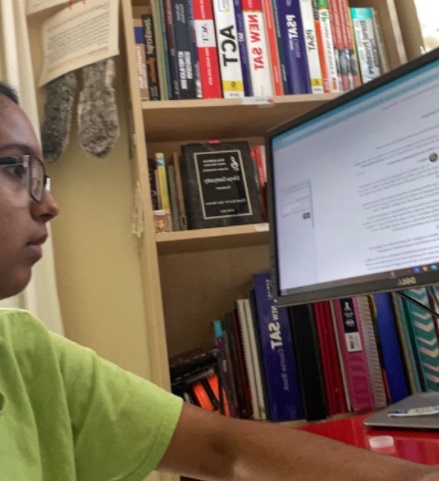As a young student eager to learn about various subjects, I was struggling with choosing which classes to take throughout my four years of high school. There were so many different courses that sounded very appealing to me, but there was no way I could take all of them while also completing the basic high school requirements. There was simply no space in my schedule. However, my wonderful counselor brought up a solution: take extra classes at my local community college over the summer. As I looked into this option, I discovered that this came with amazing benefits as well.
As stated before, taking classes over the summer can allow for more flexibility in one’s schedule, as it expands the limiting number of classes one is allowed to take. Colleges also have a much wider variety of courses, expanding over multiple subjects. If a school does not offer a specific course, one can look into the course catalog of their local community college. One student from Valencia High School stated, “I’ve always wanted to go into a psychology related career when I got older, but our school only offers a general psychology class as well as AP psychology. I wanted to learn more, so I took classes at College of the Canyons, where I was able to learn about the social, physiological, developmental, and cognitive sides of psychology in much depth.” Taking community college classes can also be a very helpful experience overall to students’ growth without being too different from a standard high school. Many community colleges have smaller class sizes than larger universities, giving students the opportunity to directly speak with their professors for any questions and guidance. Professors can offer tons of valuable advice and push students towards success. Most community colleges also have online class options, giving additional flexibility for students who may prefer that over in-person class.
Furthermore, community college classes hold value for multiple other factors. Although they are not free, the tuition is affordable for many, some colleges only charging as low as $20 per unit. Besides, taking these college courses can save students thousands of dollars, seeing that many community college courses can transfer into four-year universities for college credit. Having these college-level classes on one’s transcript can also strengthen their application, since they are more rigorous than the average high school course. This can demonstrate good academic strength, and boost your GPA at the same time.
Overall, taking community classes while still in high school can be a very beneficial experience and allow students to prepare for their future. Over the summer, when students often find themselves with not much to do, registering for a few classes may be a great idea.
Jasmine Jhun, Grade 11
Valencia High School

